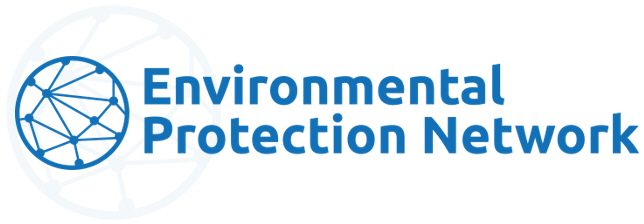The following lists compile and curate funding opportunities that may be useful for Climate Pollution Reduction Grant applicants and others who are researching and assessing available funding, application deadlines (for those programs that have applications), and other key information.
Federal Resources
- EPA CPRG List A table of programs found in the Bipartisan Infrastructure Law (Infrastructure and Investment Jobs Act) and the Inflation Reduction Act with total available funds of over $500,000,000 and for which Climate Pollution Reduction Grant (CPRG) applicants may be eligible.1
- DOE Funding & Financing. A table of Department of Energy public sector funding & technical assistance programs covering $97 billion in funding from the Bipartisan Infrastructure Law and the Inflation Reduction Act.
- DOT Navigator A new Department of Transportation (DOT) resource to help communities understand the best ways to apply for grants, and to plan for and deliver transformative infrastructure projects and services.
- Energy Communities Funding Clearinghouse A searchable database of Bipartisan Infrastructure Law and the Inflation Reduction Act provisions that describes the direction and amount of future funding opportunities relevant to energy communities. Many resources are available to other communities in addition to energy communities. (Updated approximately quarterly or when significant new information is available.)
- White House Open Funding Opportunities: Clean Energy This document highlights Inflation Reduction Act funding opportunities that are open for application for state, local, territorial, and Tribal governments; nonprofit organizations; agricultural producers; manufacturers; and more. The list includes information on the Inflation Reduction Act program, the deadline for applying, and a link to the application, where applicable.
- Advancing Equitable Workforce Development for Infrastructure Jobs This guide provides an overview of federal funding resources to support equitable workforce development in the Bipartisan Infrastructure Law and other appropriations.
- Grants.gov Grants.gov is a searchable repository for all federal grant programs and a platform for applicants to explore funding opportunities.
Third Party Resources
Note that these trackers may not immediately reflect changes based on agency announcements. For the most up-to-date information on a specific program, including detailed application requirements, please visit the agency’s program webpage.
- Climate Program Portal (Registration required; no cost.) A searchable database from Atlas Public Policy for funding opportunities under the Infrastructure Investment and Jobs Act and the Inflation Reduction Act designed for the public sector (the portal is open to NGOs, State, local, and Tribal governments and others who are supporting their efforts). Funding awarded under the Infrastructure and Investment Jobs Act and the Inflation Reduction Act is also tracked. (Updated approximately daily)
- Inflation Reduction Act Tracker A searchable database from Columbia Law School’s Sabin Center for Climate Change Law and the Environmental Defense Fund with information about the Inflation Reduction Act’s climate change-related provisions and actions taken by federal agencies to implement those provisions. (Updated approximately weekly)
- IIJA & Inflation Reduction Act Funding Tracker This tool from researchers at the University of Michigan aims to assist local governments, municipal utilities, research institutions, certain tax-exempt groups, and Tribes identify sustainability funding opportunities and tax programs that are relevant to Michigan from the Infrastructure Investment and Jobs Act (IIJA)/Bipartisan Infrastructure Law (BIL) and the Inflation Reduction Act. Most resources are also available to applicants in other states, and users can filter for programs covering specific topics (e.g., planning, energy, water), and/or those designed for the needs of rural communities. (Updated approximately monthly)
- Inflation Reduction Act Program and Tax Incentive Summary This spreadsheet from the Rocky Mountain Institute breaks down the funding opportunities in the bill in a way that allows a variety of users to easily find out which Inflation Reduction Act programs and tax incentives can benefit them. The spreadsheet was developed particularly for use by state and local/municipal governments, Tribal nations, businesses, non-profits, institutions of higher education, and individual consumers. (Updated approximately quarterly or when significant new information is available)

